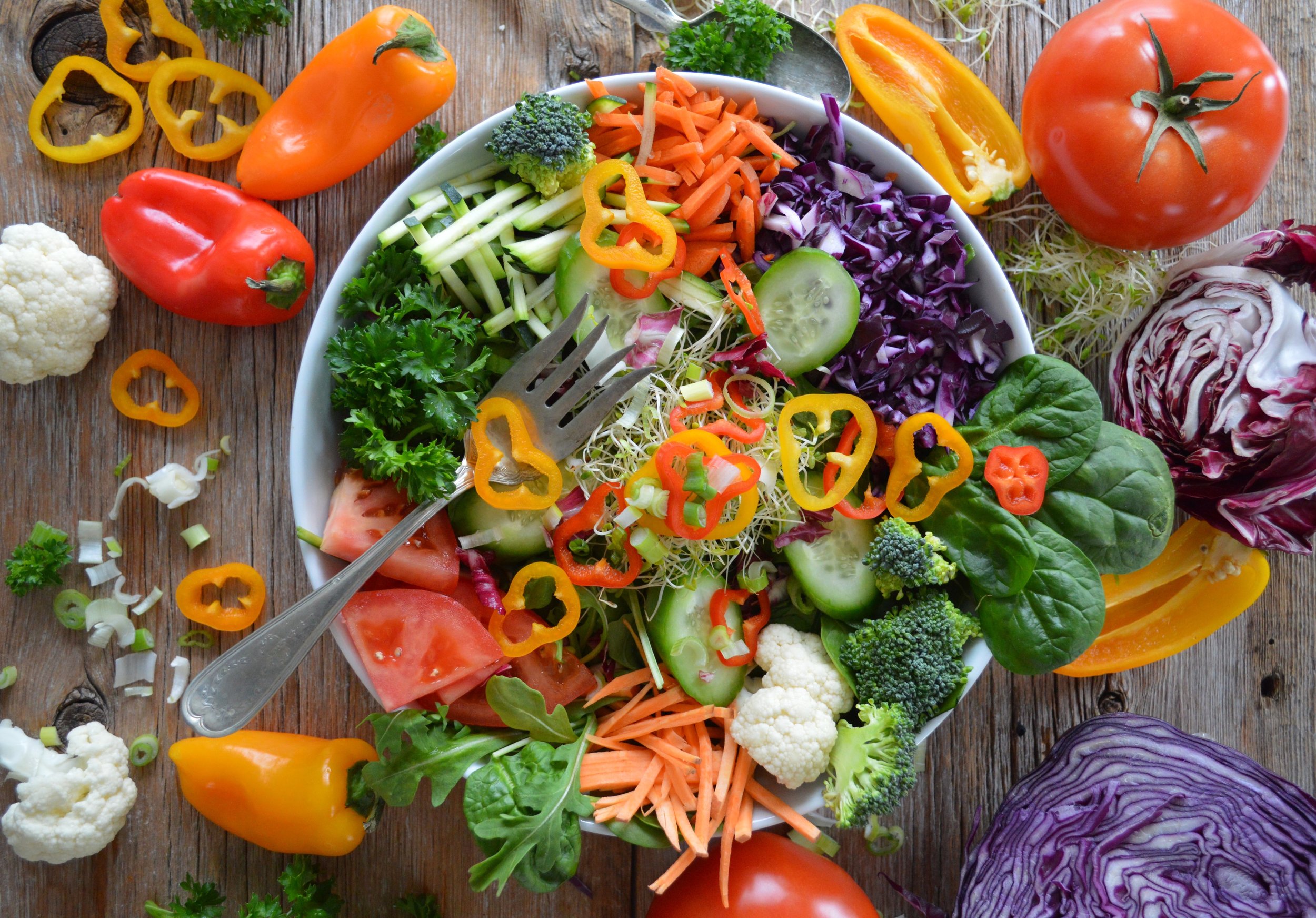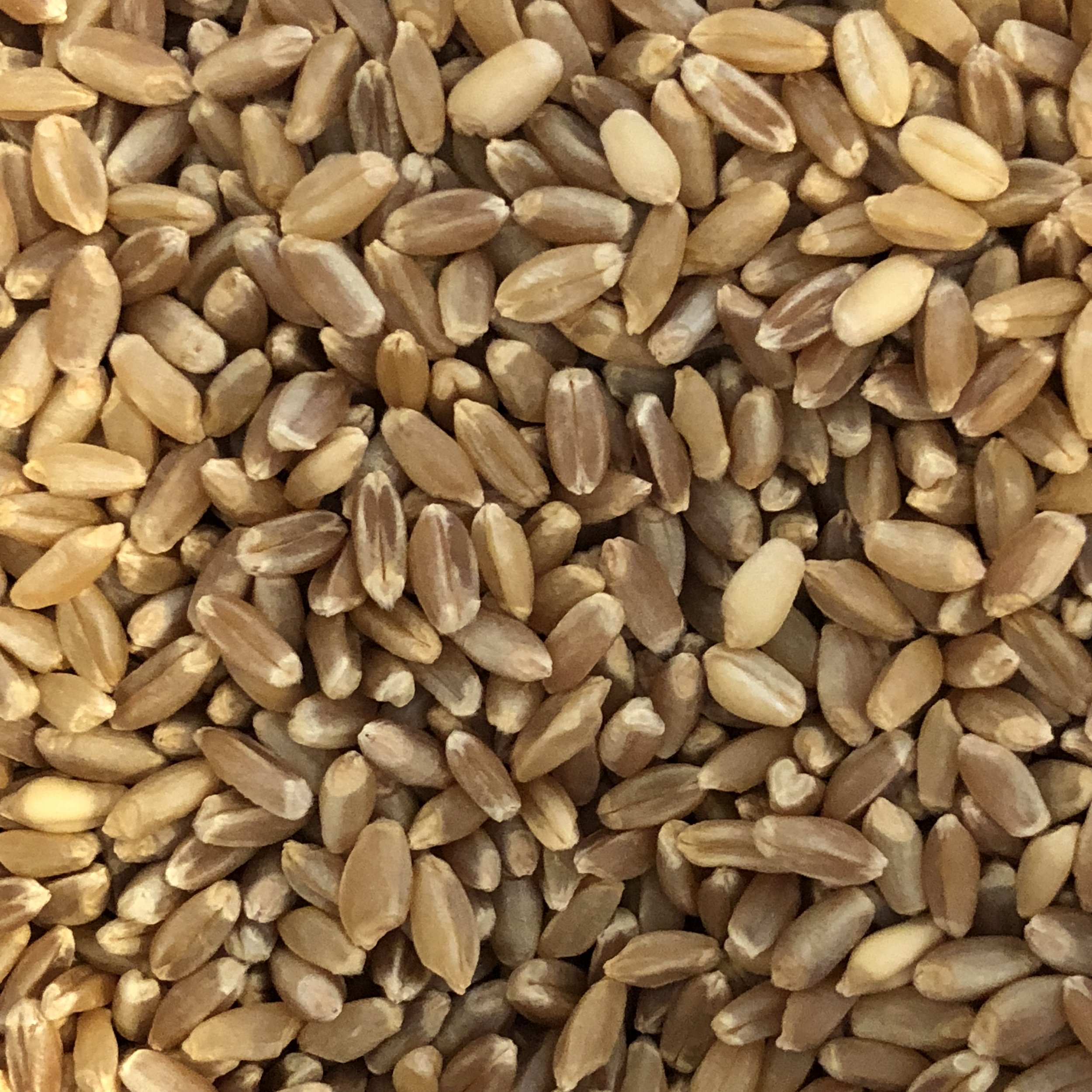The Trouble With Dairy on Shavuot
/Shavuot is one of the three biblical pilgrimage holidays. As with nearly all Jewish holidays, there is both a spiritual and agricultural significance to this festival.
What Does Shavuot Celebrate?
On the spiritual side, Shavuot honors perhaps the most crucial aspect of our religion: receiving the Torah, our book of laws.
On the agricultural side, it celebrates the completion of the 7-week period of counting the Omer. The Omer begins on Passover, with the barley harvest, and culminates on Shavuot, with the offering of the "first fruits" of the wheat harvest.
In the Temple, two wheat loaves would be offered on Shavuot, using the choicest wheat, which would be husked, ground into flour and sifted twelve times to ensure that only the finest flour was used. Worshippers would also bring their first and choicest fruits, to thank G‑d for Israel’s bounty.
According to agriculture historians and food researchers, the types of wheat used were emmer and einkorn. Today we refer to these as ancient grains.
What Are The Customs of Shavuot?
The Jewish calendar is filled with holidays that have colorful and well-recognized traditions. However, Shavuot is an exception. Unlike Passover, Rosh Hashanah, Sukkot, Chanukah and Purim, Shavuot offers no clear-cut activities for the kids; no outwardly visual traditions like preparing a seder, building a sukkah or eating apples dipped in honey; and no Hollywood-style, antagonist vs. protagonist stories to narrate to the kids like on Purim and Chanukah.
Then how is this holiday celebrated?
There are two established customs on Shavuot: staying up all night to learn Torah and eating foods made with dairy. These foods include cheese crepes, blintzes, quiches, soufflés, casseroles, pizza—and the ubiquitous cheesecake.
Why Do We Eat Dairy on Shavuot?
Why is dairy eaten on Shavuot? The most common reason is that since the Torah was given to us on Shabbat, we did not have the opportunity to slaughter animals. Therefore, we ate dairy.
However, dairy causes a lot of problems for a growing number of people today—myself included.
Some People Cannot Digest Dairy
Many people cannot eat cheese, either because they are lactose intolerant or they have a dairy sensitivity. Others, though, simply choose to avoid it, either because they are vegan or because they don't like that processed dairy contains so many impurities and antibiotics. For instance, conventional dairy may contain traces of antibiotics, synthetic bovine growth hormone (rBST) and artificially-added reproductive hormones like prostaglandin, gonadotropin releasing hormone and progesterone.
Different Options With Dairy
There are a couple of options available without completely giving up dairy: raw dairy and organic dairy. But what's the difference?
Raw Dairy
Raw dairy is dairy that is not pasteurized. Therefore, it contains active enzymes and probiotic bacteria. It is anti-inflammatory rather than pro-inflammatory. And it is full of vitamins and calcium in a more active form than that of pasteurized milk. Raw dairy comes from 100% grass-fed cows.
Want to avoid the gluten and the excess carbs? An outstanding and reliable gluten-free alternative is Simple Mills almond flour pizza crust. You can find it at Whole Foods, Thrive Market or Amazon, among other places. It is made from almond flour and cauliflower. As an alternative, another vegan and gluten-free crust option is Bob's Red Mill Gluten-Free Pizza Crust Mix. This crust requires eggs, although the package also provides an option for using flaxseed in place of the eggs.
Organic Dairy
There is also organic dairy, which is actually ultra-high pasteurized. That means that it is pasteurized at a higher temperature (280°F) than conventional dairy (161°F).
According to the USDA organic cheese regulations, “organic milk must come from a certified organic cow. The organic cow cannot be given growth hormones or antibiotics”―for either reproduction or growth―”and its feed must be 100 percent organic.” Furthermore, the cow must receive at least 30 percent of its nutrition from pasture during the grazing season.” This means no chemical fertilizers, no pesticides, no antibiotics and no GMOs.
Recipes That Do Not Use Dairy
Many traditional dairy recipes commonly eaten on Shavuot can be made into plant-based versions that do not use dairy, eggs wheat (and gluten in general).
These include:
No-Bake Vegan Blueberry Cheesecake (gluten-free)
Cheese Crepes (not gluten-free)
Vegan Caprese Pizza (gluten-free)
If you’d like these and more ideas, please check out the Consciously Kosher Shavuot recipes page.
Chag Shavuot Sameach!



